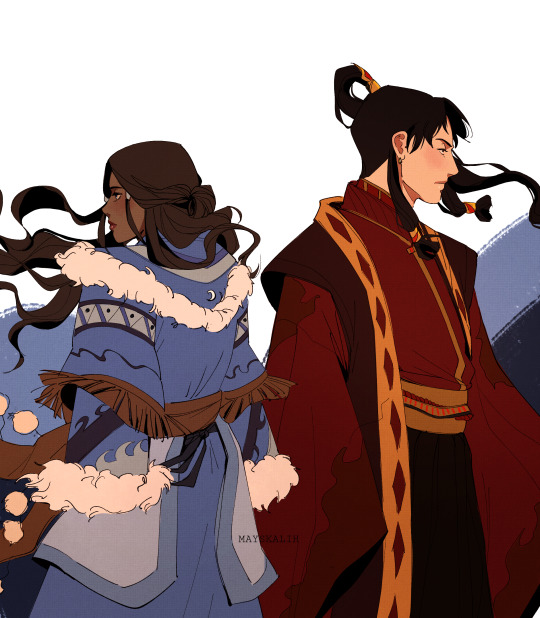Text
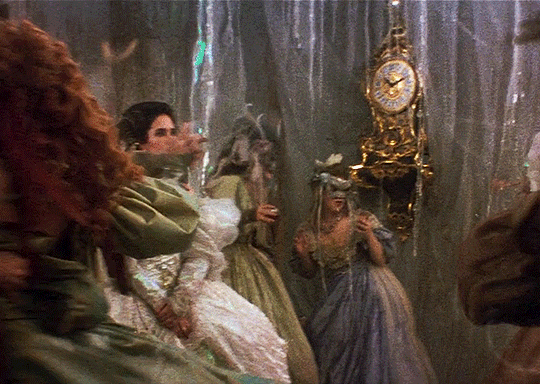
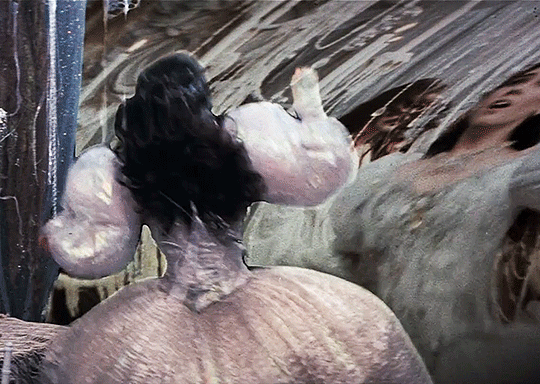
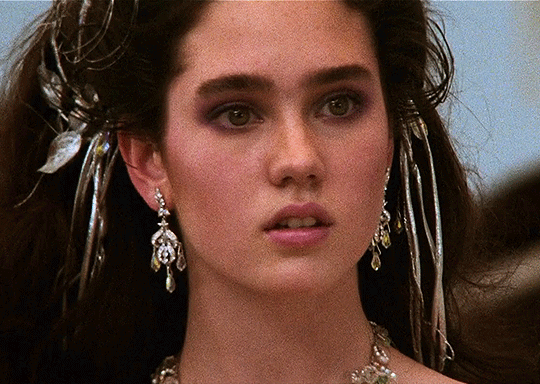

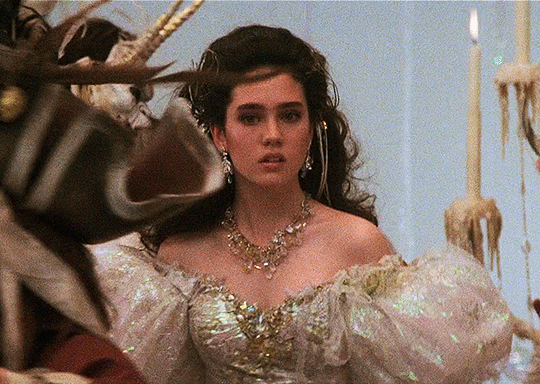
Movie Costumes | Sarah's ballgown, Labyrinth (1986)
16K notes
·
View notes
Text
thinking again about vampirism as disability
43K notes
·
View notes
Text
every couple of days someone makes a post on here that's basically "watch out for those scamming palestinians! they're really annoying and i don't like them, which disproves the extensive vetting efforts, because my discomfort is the most important thing in the universe" and everyone in the reblogs is like "thank god someone finally said something! i knew it! i had an inclination in my heart that those palestinians are dirty scammers all along and i was waiting for someone to confirm it! and now that you said you find them annoying that finally confirms it! wait shit that sounds racist i mean uhhhh it's so tragic that those scammers are taking advantage of a tragedy :( pretending to be real palestinians :( we all know real palestinians don't know how to use the internet :( thank you for talking about these fakers :(" i hope you all die
4K notes
·
View notes
Text
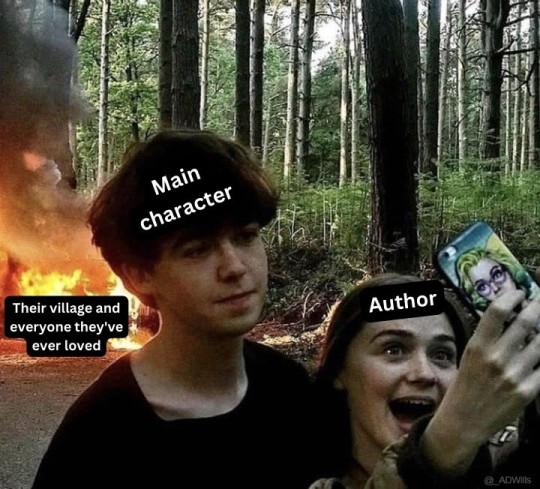
IT'S ALL FOR THE PLOT!!!!!
3K notes
·
View notes
Text
Those "modern fairy tales where the princess saves herself" types of books not only misrepresent the gender roles in fairy tales (there are tons of stories where girls get to save the day), but they fundamentally misunderstand the entire genre.
Fairy tales aren't about saving yourself.
These aren't epic myths or heroic legends about the great warriors who slay every monster in their path because they're so awesome. Fairy tales are almost always about ordinary, even incompetent, people who get thrown into strange situations where they only succeed because of the help of others.
It's not a gendered thing. The boy who goes off to seek his fortune is usually the dim-witted third son whose older brothers are the strong, smart ones. The third son succeeds because he is kind to the magical helpers who then complete the tasks for him--and the exact same thing happens when a girl is the main character.
The characters in a fairy tale rarely succeed because they embrace their own strength and take their own path. Much more often, they are told step-by-step what to do, and they succeed because they obey--respecting the wisdom of others.
The core virtue of a fairy tale is not pride, but humility. It's not a story about the strong, but those who are weak, small, helpless. The people who can't do it all on their own, but can recognize the worth and wisdom of others.
Turning this story into a "girl power" (or even a "boy power") story warps it into something that is fundamentally the opposite of a fairy tale, and it has nothing to do with the gender of the main character.
5K notes
·
View notes
Text

Seen at a café in Athens, Greece.
6K notes
·
View notes
Photo
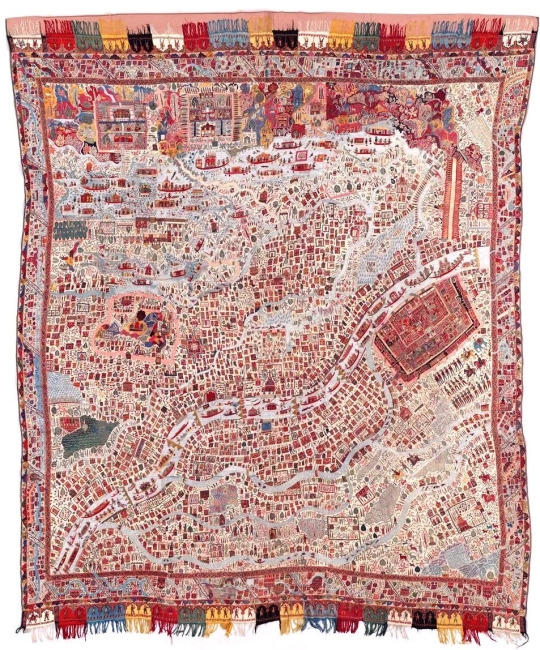
An antique 1870s Cashmere Shawl that’s also a map of Kashmir.
15K notes
·
View notes
Text



Musical↔Movie Costume change
Originally posted on Twitter
184 notes
·
View notes
Text
it’s really important to me when men put their heads in women’s laps. one of the most important things i can see on my tv. men laying their heads in women’s laps or men sitting and women standing and the man holds her around the middle and presses his face into her tummy as she hugs him around the shoulders. two very important poses. extremely soul igniting tableaux.
31K notes
·
View notes
Text
I'm just reposting this now to remind myself to give a fuller and more thorough explanation later, with links and sources, but there are shared stories between Astarte and Aphrodite—the main one being with Adonis and his anemones. The myth originated from the Phoenicians, Adon/ai being the Cana`an word for "lord" and Ugaritic for "father." In all versions of his story, he was born and killed in Syria-slash-Lebanon. His flowers still hold especial importance in Palestine, to the point they've been nicknamed, "Palestinian Poppies." Adon/ai is even thought to be the original archetype for Jesus.
There is evidence Cyprus took Astarte from the Levant and reformed her to be what the Greeks would know as Aphrodite, hence why Aphrodite's backstory includes her "washing in from the East." Astarte, in turn, was thought to be inspired by Sumerian and Egyptian gods, explaining Egypt's connection; it was essentially a tale of Mediterranean telephone.
Aphrodite isn't the only Phoenician god to be adopted by Greece—other examples include Anat (who became, "Athena") and Baal ("Zeus"). Greek writing also dervives from the Phoenician Alphabet, as most Mediterranean languages do. Which makes sense, since the "Middle East"—West Asia and North Africa—are speculated to be the originators of civilization itself, establishing there is already a history of Phoenician culture expanding outward vs. inward (and this is punctuated by the fact Phoenicians were famous seafarers). North Africans, who were also conquered by the Phoenicians, especially influenced Ancient Greece, and even Rome, due to how much they worked with them—it's how Athena came to be about from Cana'an's Anat to Carthage's Tanit and, eventually, Greece's Athena.
I'd recommend reading more Eastern Mediterranean work, by other East Mediterranean historians, that aren't Greek—so, Cypriot, Palestinian, Syrian, Lebanese and Jordanian—to fill historic holes. Modern-day Greece tends to, unfortunately, downplay Eastern influences, because it's no longer "part of the East" (by all accounts, Greece should've been labelled a Middle Eastern country like the rest of us).
Sources about the origin of Aphrodite
I will keep adding to this post (by re-blogging) each time I have something new.
I thank @junkblog101 for giving the following sources:
1) Aphrodite’s Origins: http://www.getty.edu/art/exhibitions/aphrodite/origins.html
2) Book “Transformation of a goddess : Ishtar, Astarte, Aphrodite”: https://searchworks.stanford.edu/view/10648962
3) Short description of Aphrodite/Venus figurines by the Museum of Art and Archeology: https://maa.missouri.edu/media-gallery/detail/71/322
4) A small pdf, part of a book, “The Olympian goddesses”: http://people.uncw.edu/deagona/MYTH/OlympianGodesses.pdf
My thoughts:
From those sources I have understood that there are some common elements between Aphrodite and eastern goddesses of love, but Aphrodite’s origin is still obscure.
I quote from the first: ”These divinities were associated with power, fertility, and war, and were characterized by fierce jealousy and aggressive sexuality” (For the Aphrodite figurine) “The nudity and breast-holding gesture are typical of much earlier Near Eastern figures, and make clear the importance that was ascribed to fertility and sexuality.” Also, “[Goddess Hathor’s] presence on this head (of an Aphrodite sculpture) again testifies to the Near Eastern elements that contributed to Aphrodite’s identity at Cyprus.” The last one puzzles me a little. I haven’t read it was common for gods to have other gods in their crowns. Maybe it wasn’t the goddess Hathor but Eastern people who dressed in a similar manner as this goddess?
So, their common elements were: sexuality, power, fertility, war (not so much for Aphrodite, though), nudity and breast-holding gesture. Well, those are similarities, but at the same time they don’t say much. While they clearly show some influence (nothing existed in a vacuum), they are not much, or enough to suggest the one came from the other. Influenced, would be a better word. Also, Ishtar/Astarte and Aphrodite have different “dynamics” as goddesses and different stories. I am not aware of any common stories between them (inform me if you know any, please!).
I can’t comment for the book, since I haven’t read it yet.
I don’t think the third link gives information about Eastern influence. It just states it. And while I would love to take their word for that, I would love more to have them say why or how this connection exists between the goddesses.
For the last link (and pdf) the things that I found in relation to eastern goddesses are these: “As a divine being, Aphrodite had close links with the Semetic goddess of love, Ishtar/Astarte, who was worshiped in Mesopotamia and Phoenicia. Aphrodite often bore the title “Heavenly” (Urania), while Astarte was invoked as the Queen of Heaven; and both goddesses were honored with incense altars and sacrifices of doves. Sacred prostitution, one of the best publicized aspects of the cult of Ishtar/Astarte, was also to be found in some of the centers of Aphrodite’s worship”. (Historical example of an athlete who dedicated women as prostitutes to an Aphrodite’s temple follows).
Moreover: “The Herodotus’ statement that the oldest cults of Aphrodite in Greece had been established in Phoenician settlers may contain a broader element of truth. The goddess had very strong associations with the island of Cyprus […]. And from the time of Homer onwards the epithet most commonly applied to her was ‘Cypris’, or ‘the Cyprian’. It is possible that she started life as a local Cyprian love goddess who took on some of Astarte’s characteristics when the island was colonized by the Phoenicians in the ninth century BC.[…] The reconstruction is speculative, however, for the picture of the goddess’s early development is still very unclear”.
Well, from what I gather from the last source, we know nothing for sure. If anything, the text actually suggests (with caution) that Aphrodite was a local Greek goddess and then she was influenced by cults of eastern love goddesses. And we are not sure of it either.
Why I am saying she was Greek when they say “local”? Greeks (Mycyneans) were already in Cyprus from 14th CBC*. (We are talking about Pre-historic Greeks and they lived in one of the periods of the Greek culture. Greek doesn’t necessarily mean classical Athens). As trade was happening, there were cultural exchanges between the East and the island. So again, because she was made in Greece (according to the last source), we shouldn’t say that there wasn’t any influence. There probably was. Also, people existed in the island before the Greeks came, so perhaps it was they who made the early form of the goddess. But in the Geometric era (see the Homeric epics and hymn) the goddess had already a Greek name and came from Greek gods. So, if she came from residents of the island at all, she probably came from the Greeks.
*-Thomas, Carol G. and Conant, Craig: The Trojan War, pages 121–122. Greenwood Publishing Group, 2005.
- A.D. Lacy. Greek Pottery in the Bronze Age
About Aphrodite’s identity as a Greek goddess:
Now if we accept she was indeed taken (for the argument’s sake) she is still distinctly Greek. She was already part of the pantheon in the Geometric era, when the Homeric epics and hymns were written, because she is in them. Her transition period could have been in 9th-8th centuries BC and maybe a little later. Until 381AC, when Greek polytheists started getting prosecuted, the Greeks had more than a millennia to make her a Greek goddess and give her her unique attributes and stories. For more than a thousand years Aphrodite has been into Greek/Hellenic households.
I am not saying the case of Aphrodite is closed because four sources are on the table. And I still haven’t read the book (2nd link)! I am sure there will be more good info there. So the picture is not completed.
Anyone who has found additional sources, pm me or tag me! And if you have something to say about the post, feel free to reblog and add stuff! Perhaps correct me even.
#eastern mediterranean#palestine#syria#jordan#lebanon#cyprus#greece#history#everyone in the mediterranean basically thought our “country” was the originator of everything#when really we were just copying our older sibling's work from years before#but fudged a few details to make it our own and “original”
419 notes
·
View notes
Text
I love when non-Indigenous americans get whiny about people calling for the death/collapse/etc of the united states like as a country cause the thing is that. Like. Well you see... the nation of usamerica isn't... synonymous with People Living Here. You get that, right. I know I know somebody from the global south posted something mean about your beloved burger country but I'm with them on this, actually. "America" doesn't have to be here. I also want to see it destroyed within my lifetime. Ooh your position of relative privilege is being threatened ooooh 👻
4K notes
·
View notes
Text
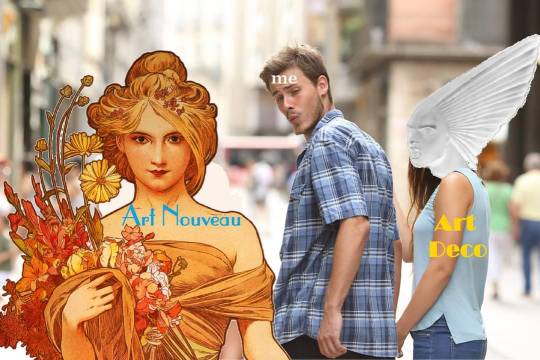
#art#art nouveau#art deco#i actually do like both but lean more in personal style and taste to nouveau lol#i like flowy lines
54K notes
·
View notes
Text

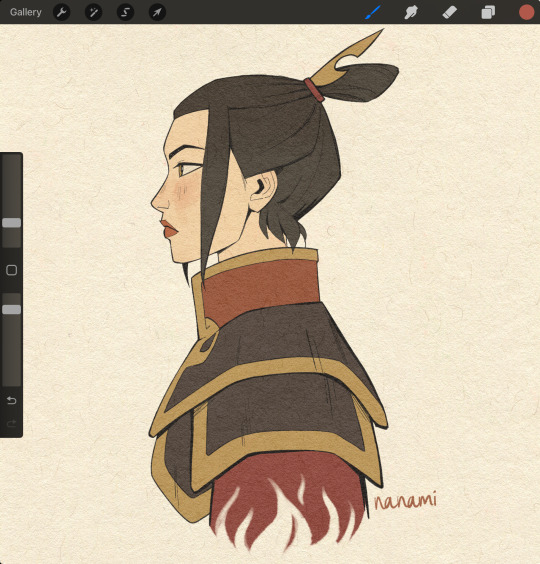

avatar girleens pt.1
(pt.2 + pt.3)
36K notes
·
View notes
Photo


Katara’s Childhood // Katara’s story is really powerful. I wanted to show both the devastating loss she experienced as well as the hope as her father sets out, beginning a long chain of events that eventually include her and her brother bringing freedom and hope to so many people.
By Devin Elle Kurtz (me) Instagram | Twitter
#katara#atla#still hate this#it hurts so much#and therefore i will reblog per usual#because i love it
37K notes
·
View notes
Photo


I drew this for Katara Week a couple years ago. It looks kinda cool :’ ) Wish I could still draw hands like that hmmm
support me on patreon!!
9K notes
·
View notes

